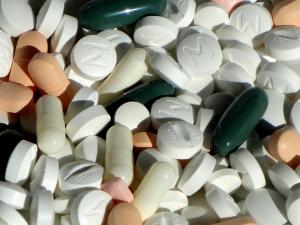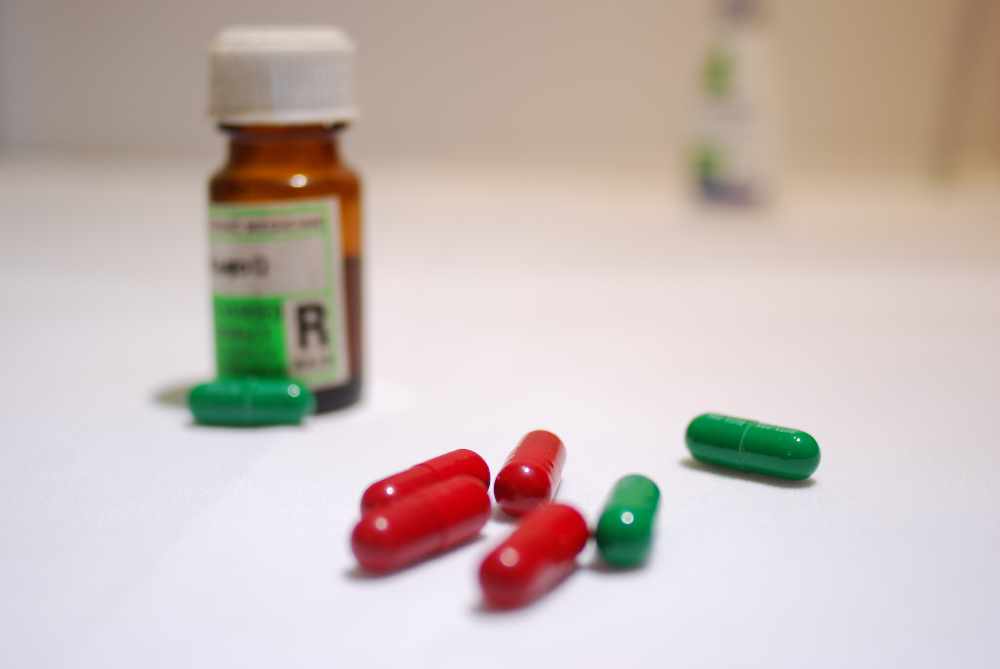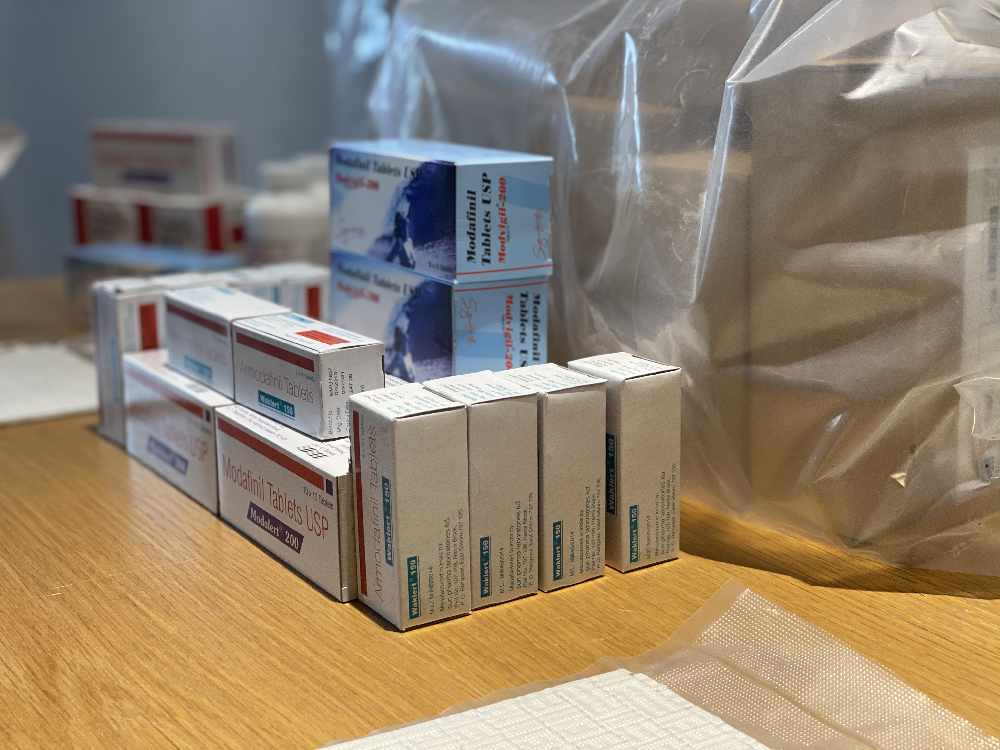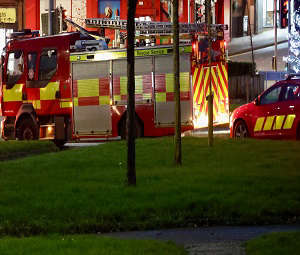
By Jonathan McCambridge, PA
An agreed approach is “urgently required” between the UK and EU to avoid any restriction in the availability of medicines in Northern Ireland, a draft Government road map has warned.
The UK Government has also set out plans for a phased approach to new Irish Sea border checks on food, in a Northern Ireland Protocol document sent to the EU.
The plan, which was circulated among the Northern Ireland parties at Stormont last week, suggests beginning checks on fresh meat products in October of this year.
The Northern Ireland Protocol was designed to protect the peace process by avoiding a hard border on the island of Ireland.
But it has angered unionists by effectively creating a barrier between Great Britain and Northern Ireland by leaving the region tied to a range of EU customs and regulatory rules.
The Draft UK-EU Work Programme, seen by the PA news agency, refers to the need for arrangements to ensure that medicines may be licensed for Northern Ireland where manufacturers undertake regulatory activities in Great Britain.
It states: “At a meeting between Lord (David) Frost and Vice President (Maros) Sefcovic, it was agreed to look for a solution to enable regulatory requirements to be met in the UK where medicines are being supplied specifically and solely for the Northern Ireland market.
“An agreed approach is required urgently to avoid any restriction in the availability of medicines in Northern Ireland (with public reporting demonstrating the strength of industry concerns).
“Flexible approaches should be explored with future technical discussions.”

The road map contains detail on plans for the phased beginning of Irish Sea food checks.
The UK has already unilaterally extended an initial three-month grace period which meant supermarkets did not need to comply with all the EU’s usual certification requirements.
The road map says that supermarkets and their suppliers “require due time to adapt to certification requirements”.
It states: “The UK is working with those retailers and their suppliers to support that readiness work.
“This must be supported by further discussions.
“Discussions are also needed on putting in place risk-based long-term solutions for certification requirements, recognising the low risk of retail movements by trusted traders that do not leave the UK’s internal market and the unique circumstances of Northern Ireland.”
The document suggest rolling out the checks in four phases.
Phase 1 would be for fresh meat products and would begin in October 21.
Phase 2, for dairy plants and seeds would begin in January 2022.
Phase 3, dairy plants and seeds, and phase 4, short-shelf life products, are not given a date in the document.
The paper states: “Delivery will be supported with the rollout of the new Digital Assistance Scheme (DAS), to digitise the agri-food certification and verification porcesses to facilitate the process for traders.

“The UK and EU will take forward work to establish an Agrifood Forum under the Specialised Committee’s authority and reporting to the Withdrawal Agreement’s Joint Committee.
“This would enable ongoing cooperation to develop proposals which at all times protect Northern Ireland food supplies and the core purposes of the Protocol, whilst at the same time meeting the requirement to have minimal impact on the lives of the people of Northern Ireland.”
The EU has not yet responded to the draft paper from the UK Government.
At the weekend, Brexit minister Lord Frost threatened that the UK could soon take drastic action over the post-Brexit agreement on Northern Ireland over concerns about violence and disruption.
He urged the European Union to “stop the point-scoring and work with us” to “rapidly” find new solutions to end border checks on goods crossing the Irish Sea which he says make “no sense”.
Lord Frost warned that the Government continues “to consider all our options” as he said the situation caused by the Northern Ireland Protocol that he negotiated “cannot be sustained for long”.


 Officer to be prosecuted for offence linked to Troubles memorial during pandemic
Officer to be prosecuted for offence linked to Troubles memorial during pandemic
 Pair appear before court charged with nurse’s murder
Pair appear before court charged with nurse’s murder
 Woman dies in West Belfast house fire
Woman dies in West Belfast house fire
 Eleanor Donaldson’s bid to have two charges withdrawn ‘should not delay trial’
Eleanor Donaldson’s bid to have two charges withdrawn ‘should not delay trial’
 Police surveillance operation to unmask journalistic source ruled unlawful
Police surveillance operation to unmask journalistic source ruled unlawful